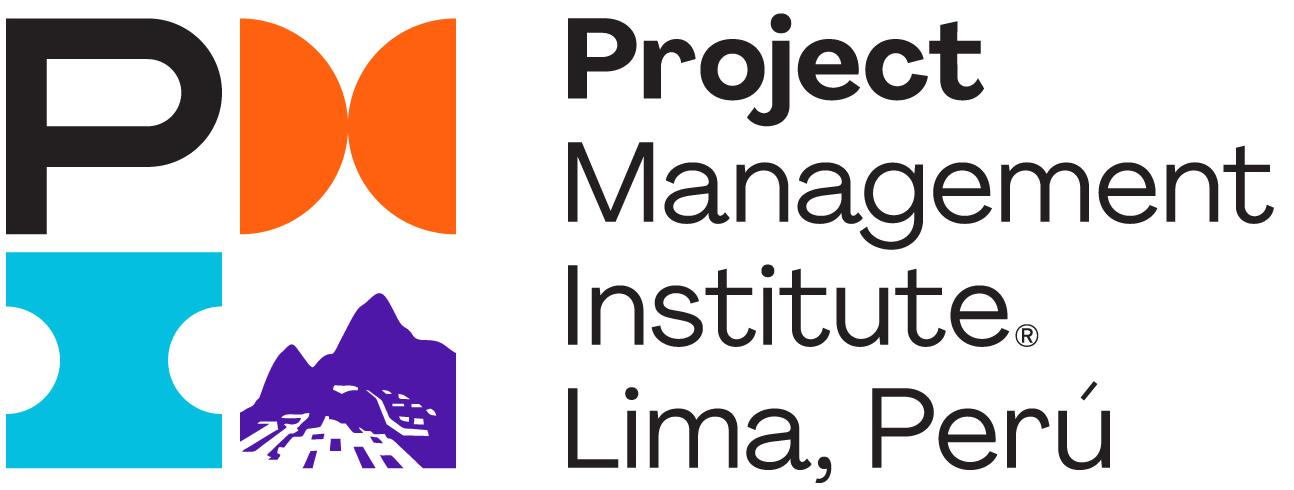Importance of Power skill and Organization culture
Power skills, often called "soft skills," play a crucial role in organizational success, shaping how teams communicate, collaborate, and handle challenges. These skills include emotional intelligence, adaptability, creativity, and problem-solving. Unlike technical skills, which are job-specific, power skills enable employees to navigate interpersonal dynamics, fostering stronger team connections and promoting efficient, harmonious work environments.
An organization’s culture significantly impacts the development and application of power skills. A positive culture that values respect, inclusivity, and open communication creates a foundation where these skills can thrive. Such environments encourage employees to voice their ideas, embrace constructive feedback, and support one another, thus enhancing overall productivity and job satisfaction. Conversely, a toxic culture can stifle the use of power skills, leading to miscommunication, conflict, and reduced engagement.
Leaders play a pivotal role in embedding power skills into organizational culture. By modeling empathy, collaboration, and adaptability, they set the tone for the entire organization, motivating employees to develop similar competencies. Ultimately, investing in power skills within a healthy organizational culture boosts performance, drives innovation, and sustains long-term organizational success, making them indispensable assets in today’s workplace.
Join us for a thought-provoking panel discussion as we explore the critical question: What is the importance of Power skill and organization culture? "
This event is open to everyone, regardless of your experience or expertise in project management. We encourage you to join us for this exciting and informative discussion.
Wait no more:
Register to be part of this event on
Date: Nov 22, 2024
Time: 19:30 – 21:30 IST ( GMT + 5:30)
Registration link - https://lnkd.in/dTgjzud7
Ya no es posible registrarse en este evento



